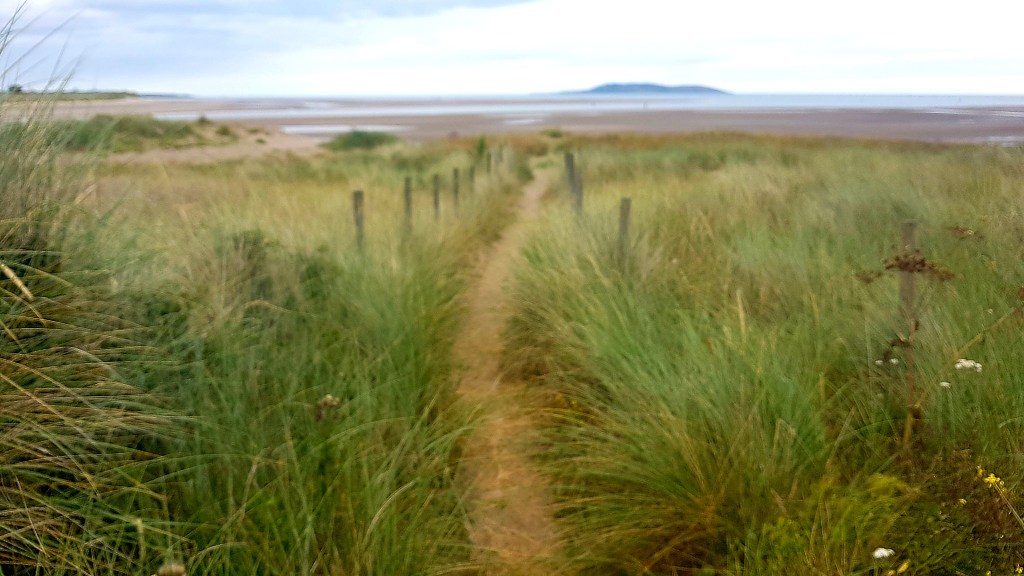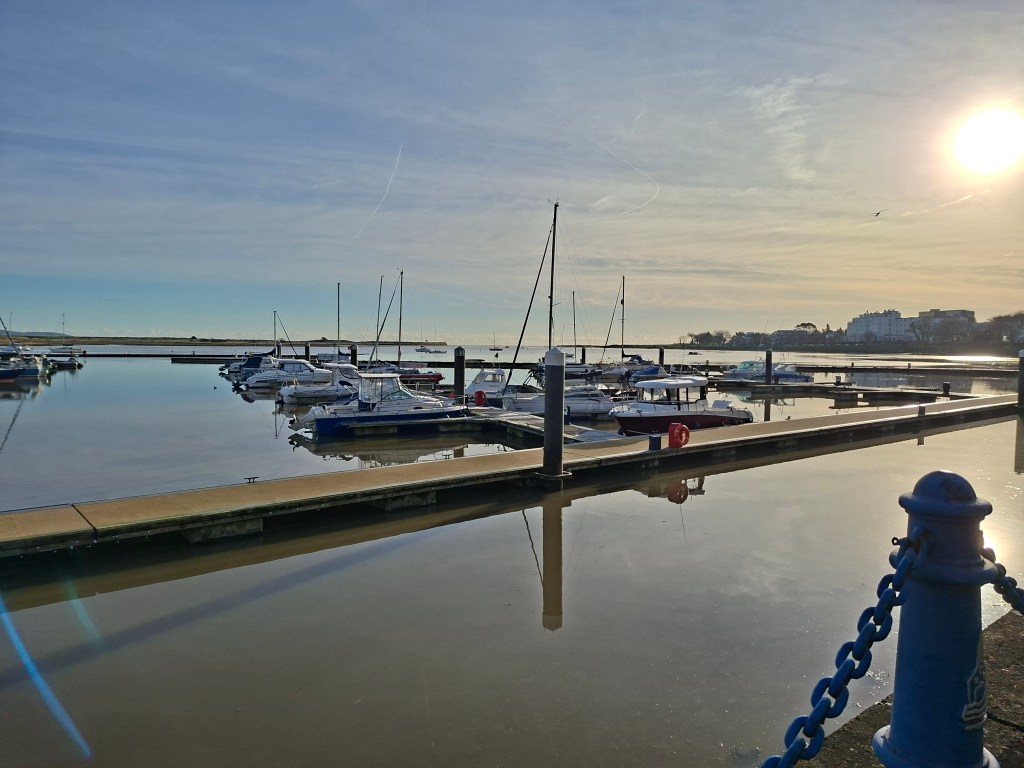
A commitment to innovation and sustainability
Innovating for a Sustainable Future
Providing innovative solutions and collaborative strategies to enable sustainable progress, enhance performance, and create lasting value for current and future generations through sustainability-focused innovation and partnerships.
Research: Enabling Sustainable Futures
The research led by Dr. Dreyer-Gibney focuses on transdisciplinary collaboration through network action learning to develop green innovation capabilities, addressing social, environmental, and economic sustainability while supporting the UN Sustainable Development Goals. Recent Publications
Sustainability Talks, Webinars, and Workshops
Interactive sessions are organised to provide deep insights into sustainability practices. These events are designed to facilitate understanding and effective implementation of sustainable strategies.
Community Collaboration
Collaboration with community groups, government agencies, and businesses addresses shared sustainability challenges, facilitates the exchange of best practices, and supports the co-development of innovative solutions. This includes promoting the creation of sustainability-focused products and services, particularly in sectors such as education, hospitality, tourism, and retail.
Watch, Read, Listen
-

Enabling Sustainable Coastal Futures: Reflections from the Explore Fingal Roadshow in Malahide
Tourism plays a significant role in many coastal communities across Ireland. Yet the challenge is increasingly clear: how can we ensure that tourism growth strengthens local economies while also protecting the natural environments and community life that make these places special? This question was raised during the Explore Fingal Roadshow at the Grand Hotel in…
-

Malahide Moves Closer to Carbon Neutrality: Energy Master Plan Taking Shape
This week marked a decisive step forward for Malahide’s climate ambitions. At the Malahide Chamber of Commerce Sustainability Group kick-off meeting with ORS, tangible progress was made on the town’s Energy Master Plan. As a Sustainable Energy Community, supported by the Sustainable Energy Authority of Ireland, Malahide is working towards a clear objective: to become…
-

From Information Providers to Sustainability Partners: A Practical Model for Helping SMEs Take Climate Action
Small and medium enterprises repeatedly say the same thing: they’re not short of sustainability information — they’re short of the capacity to use it in real business settings. National supports tend to flood SMEs with webinars and PDFs, but rarely offer the hands-on, relationship-centred help required to turn climate knowledge into meaningful action. To close…
-

Bridging Vision and Action: Enhancing Sustainability in Irish Family-owned enterprises through Service Innovation
In response to the United Nations Sustainable Development Goals (SDGs), our study explores the pivotal role of Sustainability-Oriented Service Innovation (SOSI) in translating sustainability visions into tangible strategies. Focused on Irish family-owned small and medium sized enterprises (SMEs), which constitute a significant majority of businesses in Ireland, employing two-thirds of the working population, our research…
-
Responding to the UN Sustainability Development Goals in Collaboration
Since my involvement with the European Dŵr Uisce research project I don’t think I have enjoyed a task more than coordinating the paper and presentation for the EURAM 2020 Conference, which will take place in the Trinity Business School, Trinity College Dublin from the 4th to 6th December 2020. The overall conference theme is “The…
-
Micro-hydropower Energy Recovery System at Blackstairs Group Water Scheme
The micro-hydropower energy recovery system at Blackstairs Group Water Scheme in Ireland is a good example for innovation realised by collaborating with many different groups, site managers, government agencies, suppliers and researchers from many countries. This video summarizes the project and includes interviews from some of the stakeholders.